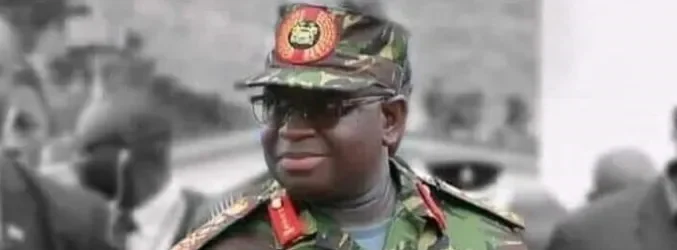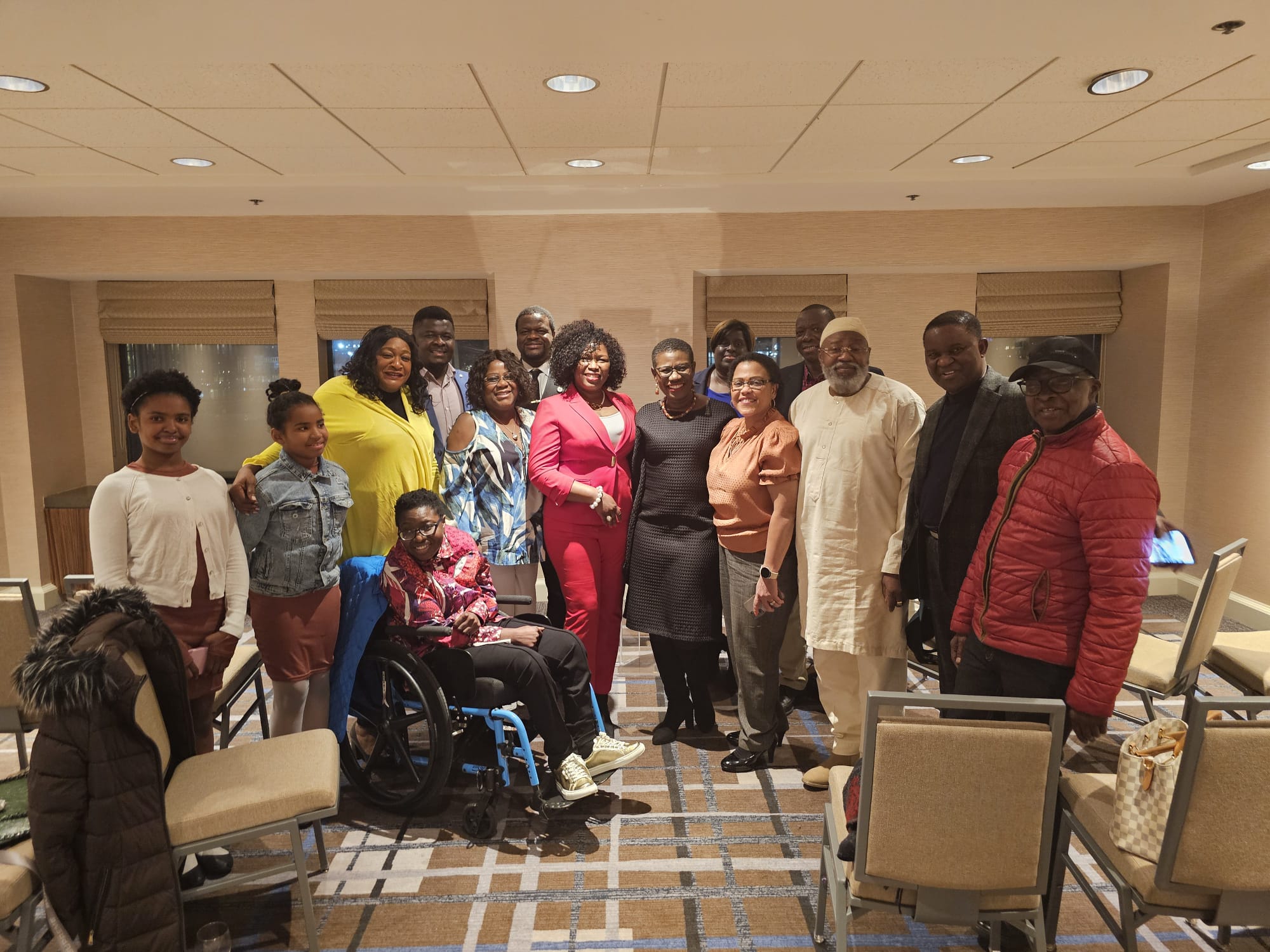By Alusine Fullah
The term ‘State Capture’ was originally coined by researchers of the World Bank in an attempt to study the influence of the private sector on the public sector. Thereafter, a study which focused on economic agents and agents within the state resulted in the creation of the second strand of state capture (ibid.). However, for the purpose of this article, the definition set forth by Martins and Solomon will be used. They define state capture as: the actions of individuals or groups both in the public and private sectors, influencing the formation of laws, regulations, decrees and government policies to their own personal advantage.
State capture can be achieved by establishing local networks of patronage, red tape and bribe extortion, lack of local capacity, misuse of local public resources, public procurement, the facilitation of services and informal payments, the culture of impunity and lack of efficient controls and oversight mechanisms. It can manifest in different forms. It can come forth in the form of an individual or family exerting control over the state and economy or in a complex, ranging network. Private firms, political leaders and narrow interest groups are the different types of actors normally involved in state capture.
These actors thrive in states where economic power is highly centralised, social interest is weak and formal political channels of political influence are underdeveloped. They target the legislative, executive, judicial and regulatory agencies of the government. It undermines the efficiency of the state through the provision of poor service quality and the appointment of less-than-capable people. It also affects the re-distribution process and legislative outputs of the country. The complexity of state capture lies in the fact that businesses and politicians work together. The main problem is that interest groups influence legislators’ decisions. Despite strong lobbying being legal and legitimate, the problem is the cut-off line between political lobbying and state-capture corruption.
Yes, the concept of state capture is very broad, but for the purpose of this article I will focus on misuse of public resources. This means that Sierra Leone has been captured by the misuse of state/ public funds. Yes, funds that are meant for national development have been syphoned into private/ personal use. Meanwhile, under the leadership of H.E Bio, there are many sectors that have captured the state. The dubious acts of those actors/sectors have put Sierra Leone into stack retrogress.
 Our state has been first captured by our two gentlemen, H,E Bio and V.P Jalloh. But first, let me start with H. E. Retirement details and records in respect of Special Imprest for out-of-pocket totalling US$240,000 and €70,000 expended by the Office on overseas traveling were not made available for inspection. In line with that, going through the Audit Report, indemnities were provided for the use of funds. Of US$240,000 and €70,000 amounts totalling US$143,000 and €60,000 representing 67% of the queried amount were verified, leaving a balance of US$97,000 and €10,000. The issue is partially resolved.
Our state has been first captured by our two gentlemen, H,E Bio and V.P Jalloh. But first, let me start with H. E. Retirement details and records in respect of Special Imprest for out-of-pocket totalling US$240,000 and €70,000 expended by the Office on overseas traveling were not made available for inspection. In line with that, going through the Audit Report, indemnities were provided for the use of funds. Of US$240,000 and €70,000 amounts totalling US$143,000 and €60,000 representing 67% of the queried amount were verified, leaving a balance of US$97,000 and €10,000. The issue is partially resolved.
For the Office of the Vice President, it has revealed that withholding taxes amounting to SLE32,123.06 deducted by the Sierra Leone Extractive Industries Transparency Initiatives (SLEITI) from payments made to various suppliers were not paid to the NRA.
Contrary to Section 1 (1.4) of the contract change note No. SID1178.008 between the Government of Sierra Leone and the HID CID Limited, which states that from January to December 2022, approved royalty payment of 8% per sale of each e-passport shall be paid to the Government of Sierra Leone by Netpage (third party representative of HID CID Limited). It has revealed that outstanding royalty of US$429,627 was not to be paid to the Government of Sierra Leone for e-passports produced in 2022.
The health infrastructure in Sierra Leone is unequally distributed throughout the country, with lesser access to health services for those in rural areas. The provision of essential health services is a major challenge as the majority of public healthcare facilities do not have adequate power, water, sanitation and hygiene, and equipment necessary to provide these services.2 Sustainable health services are essential in supporting global healthy lives. Goal 3 of the Sustainable Development Goals (SDGs) aims to ensure healthy lives and promote wellbeing for all, at all ages. This is further translated into the Government of Sierra Leone’s (GoSL) Medium Term National Development Plan 2019-2023, wherein government is determined to use its strong leadership and political will to increase healthcare spending to 15% of the national budget, thereby enhancing the implementation of the Free Healthcare Initiative.
That notwithstanding, our state has been corruptibly captured. Our health system has been put in mere tatters. Money that is meant for the construction of clinics/ hospitals has been corruptibly managed. For instance, this can be vivid seen in the contract that was signed between the Makeni City Council and the contractor to rehabilitate the Red Cross PHU at Mabanta Road in Makeni. Further investigation of the said activity has revealed that it was not undertaken. Also, investigation has also revealed that the records payments of that Red Cross PHU worth total amount of SLE47,000. Thousands of patients/ Sierra Leoneans who should have received benefit from that PHU have been totally deprived.
Blackout is a major problem in Freetown, and it has had a significant impact on residents’ lives and livelihoods. The most common consequence is the absence of energy for basic needs such as cooking, lighting, and water pumping. Citizens have to rely on Chinese lights and other improvised light sources, which become dangerous when coupled with the country’s lack of proper safety regulations. This state of affairs not only constitutes a health hazard to the population but also increases the risk of fire outbreaks.
For the past years, the people of this country have been suffering from poor electricity supply. This is as result of the corrupt nature by the Ministry of Energy. Monies meant for the development of our health system have been corruptibly managed. It has revealed that Bank withdrawals without supporting documents totalling SLE50,311.70+ SLE52,200.00. Apart from that, investigations especially from the Audit Service Sierra Leone have also revealed that Fixed Assets worth 63,150.00 are still in limbo.
Corruption has even gone further to capture our prisons. Because we have not been fully utilizing billions of Leones meant for the improvement of prison cells, our prison cells are absolutely not fit for human beings. Rule 15 of the United Nations Standard Minimum Rules for the Treatment of Prisoners (the Nelson Mandela Rules) of 2015 guides on the sanitary installations for prisoners to comply with the needs of nature. Maintaining good sanitation is vital for the well-being of inmates, staff and other stakeholders. Based on discussions and physical verification of selected prison cells in the Western Area, which hold at least six persons every night, it has revealed that there were no in-built toilets in the cells. At night, the occupants will, in turn, take a plastic bucket into the cell and use it during the night and clean them up the following morning, or in some instances the disposal is delayed. Of grave concern was that these buckets were placed in the same cells where the inmates sleep. This situation is dehumanising and poses lots of health hazards to inmates.
But how can our prison cells improve when billions of Leones have been corruptibly captured? Because our state has been captured corruptibly below is what we receive:
Waterloo Police Station They also did not have sufficient riot/protection gears; the local ammunition post/storage at the Station is not properly secured, as the roof which is covered with zinc and stick was considered to be risky, especially when there were arms and ammunitions in the store; the Station maintained two outside makeshift structures as exhibit stores; the stores are not well fitted with shelves and partitions, even though items were tagged, as they were not well arranged and there was possibility of damage to items due to the insufficient space.
Grafton Police Station: the Station was in a dilapidated condition. The detention cell was within the building and the odour from the cells polluted offices within the building; the Station lacked an operational and command vehicle; an imprest system was not in use to enhance daily petty spending.
Allen Town – Mayeni Police Station: there was no operational and command vehicle; an imprest system is not in use to enhance daily petty spending; a lavatory facility is not available since the previous one collapsed.
Kissy Police Station: there was no exhibit store; the Station lacked sufficient water supply; the Family Support Unit (FSU) Division lacked both motorbikes and vehicles for its operations.
Water Quay – Interpol Police Post The post was a shipping container with about four officers deployed there specifically for Interpol activities at the Quay. The post does not have equipment such as computers, printers/photocopiers, fans, stationery and petty cash for operations.
East End Police Station: by the time of my visit, the Station did not have a command vehicle to carry out operational activities; equipment such as riot and protection gears were not available.
Police Hospital, Kingtom: the Hospital lacks a functioning ambulance. The current ambulance is faulty and lacks all the facilities an ambulance should have; such as oxygen and other resuscitating equipment; the Hospital also does not have an assigned vehicle for utility purposes; no oxygen machine is available in the Intensive Care Unit; from interview, I observed that the Hospital is not benefiting from the Free Healthcare system.
Honestly, the poor status of our cells is just a tip of the ice berg. If one gives a critical investigation about Health Sectors in Sierra Leone one can confidently state that there is nothing to write home about. Our health is in total shambles! To prove me right, let us take a look at what the Audit Report states: Masuba Community Health Centre (CHC): the facility has no glucometer; the ceiling at the drugstore was damaged; there was no provision for purchasing EDSA top-ups in the facility.
Sierra Leone Red Cross CHC: There is poor or no Infection Prevention and Control (IPC) facilities like incinerators, placentas, and burning pits at the centre; the labour room condition is not conducive as there was no running water and the expected maintenance by MCC is not been done.; there is no provision for the purchase of EDSA top-up in the facility.













